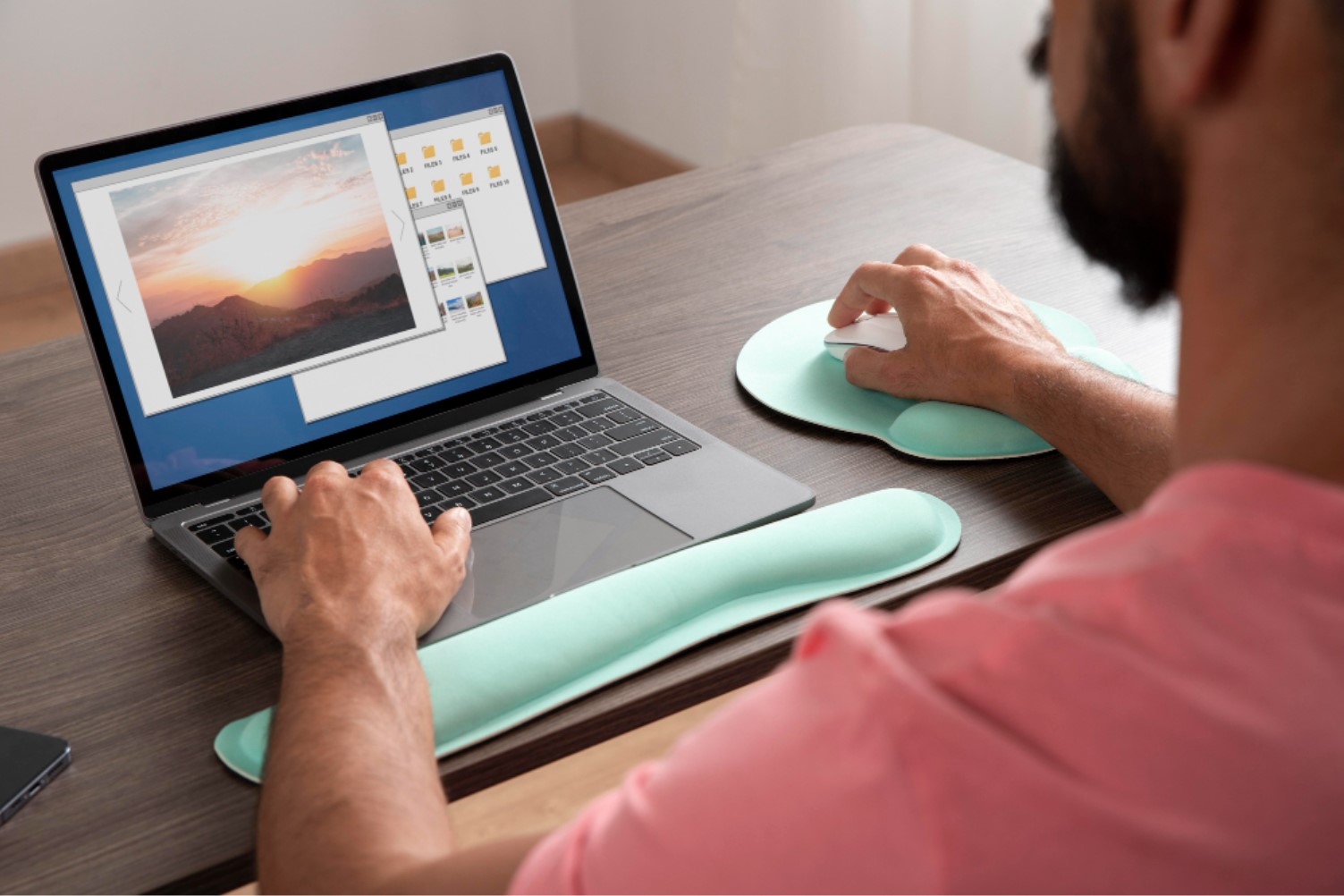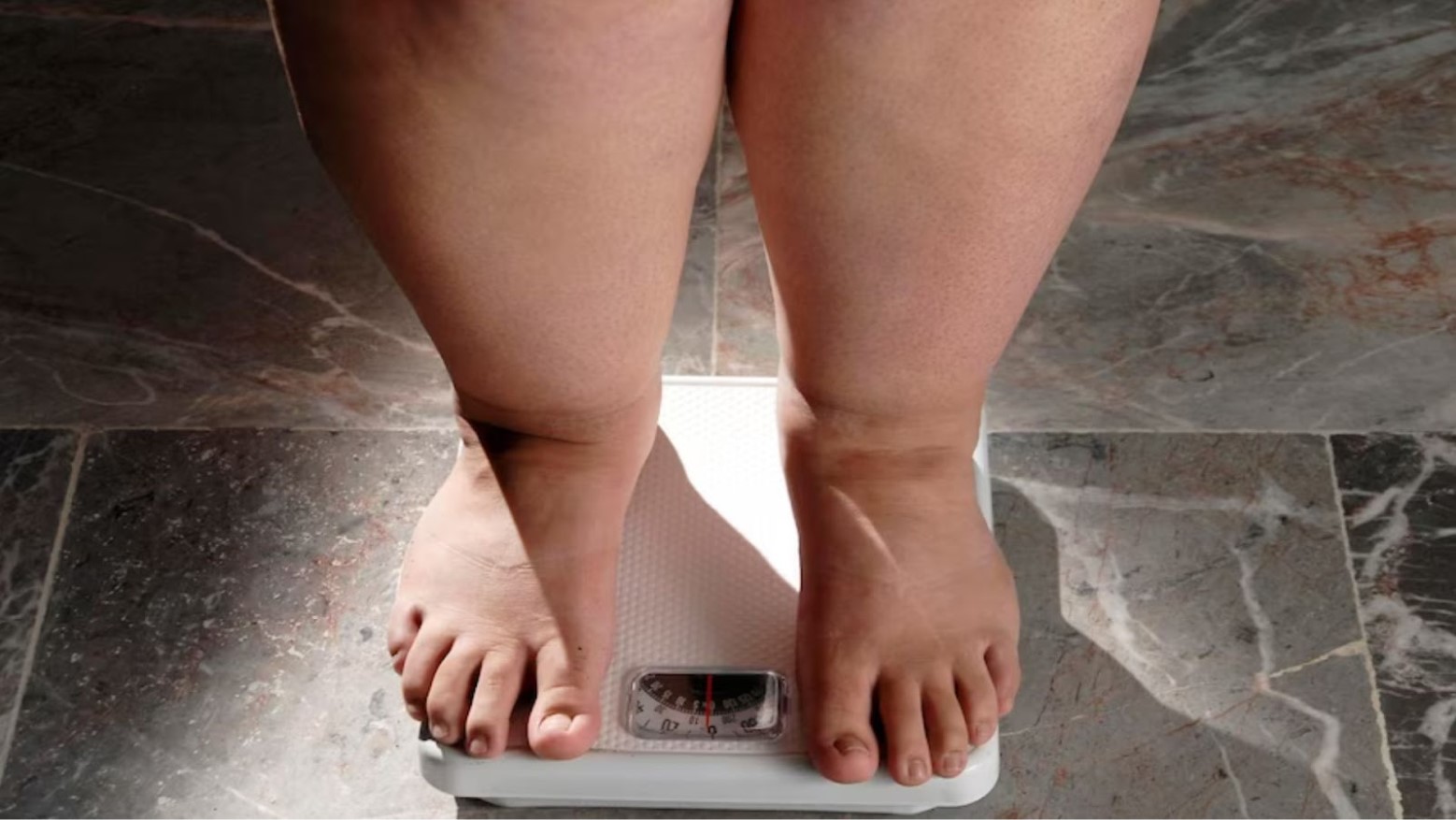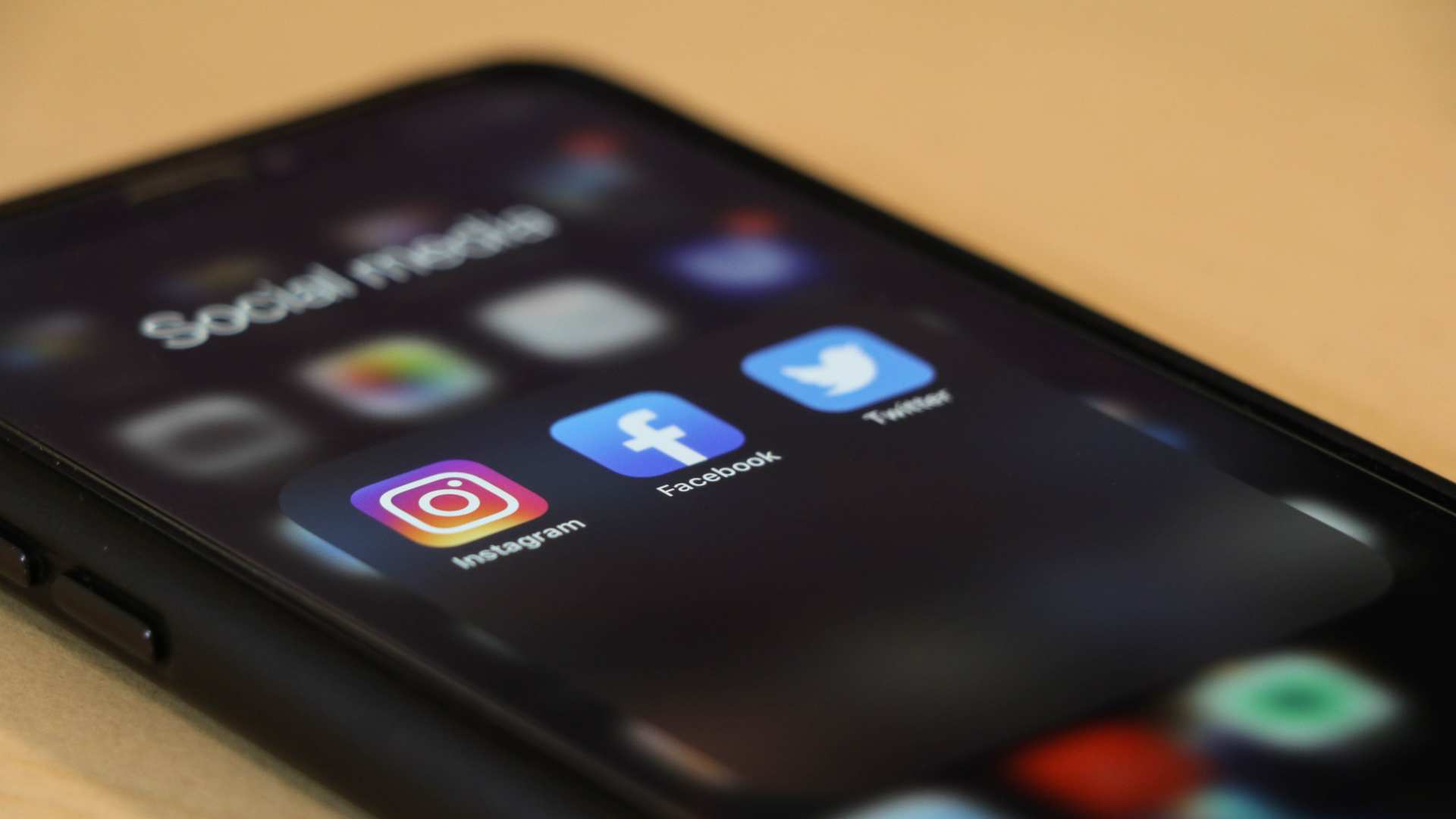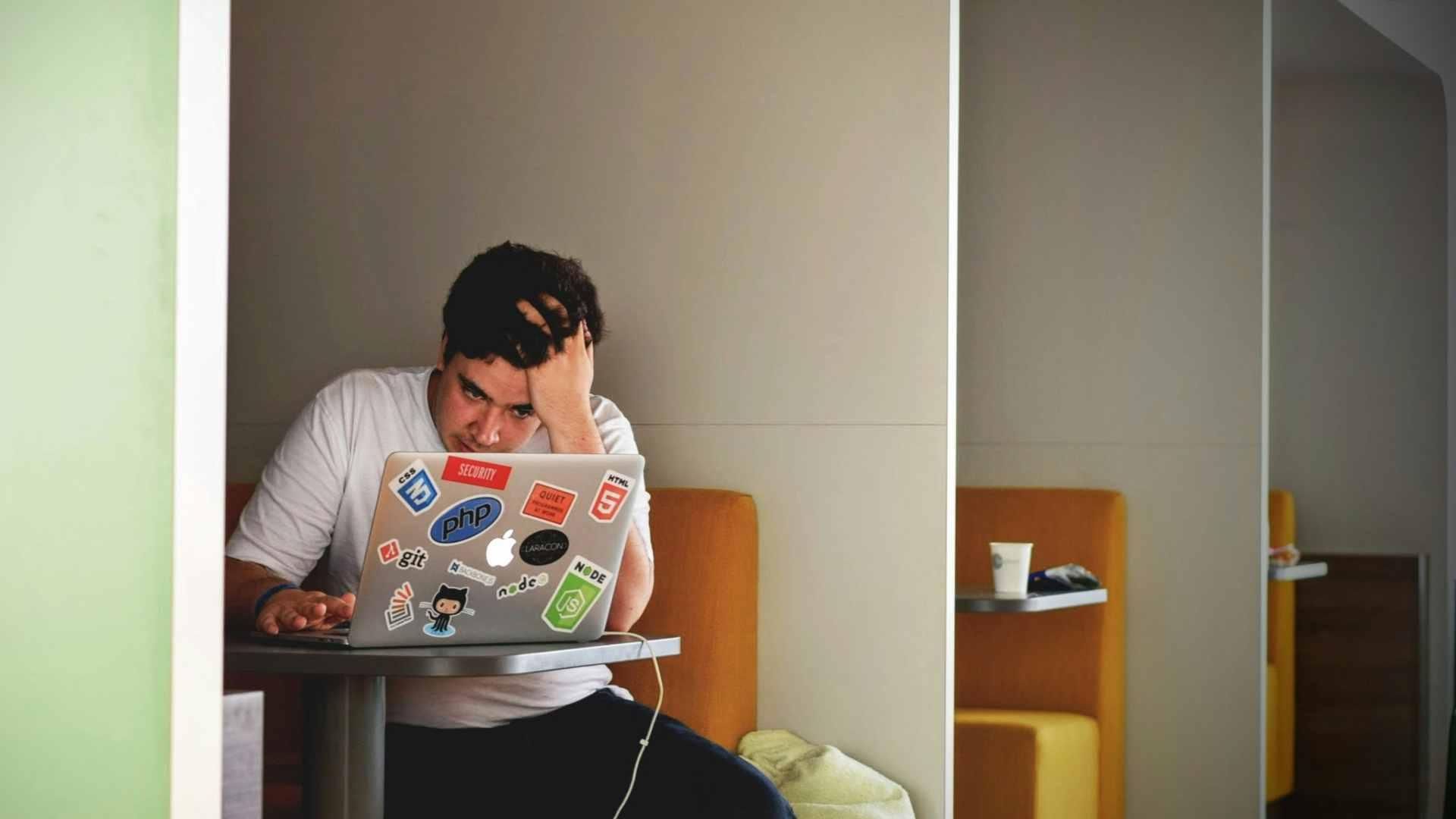Recent research from the Naval Medical University in Shanghai has unveiled a startling connection between recreational computer use and men’s health, particularly focusing on erectile dysfunction (ED). This extensive study, which observed the habits of over 224,000 European men, including many from Britain, has highlighted a trend that’s causing a stir in the health and tech communities alike.
It seems that men who indulge in computer activities like gaming for more than one hour a day are facing unexpected consequences in the bedroom.
Understanding Erectile Dysfunction

Erectile dysfunction isn’t just an issue for the older generation; it’s becoming a pressing concern for younger men as well. ED is characterized by the inability to achieve or maintain an erection suitable for sexual activity (via Mayo Clinic).
It’s a problem that’s about more than just physical intimacy. It affects self-esteem, relationships, and overall quality of life. With half of men over the age of 40 experiencing symptoms, understanding its causes is more important than ever (via NHS Inform).
How Much Screen Time Is Too Much?

The Shanghai study indicates that “leisure computer use” — often associated with playing video games — beyond 72 minutes daily can significantly elevate the risk of erectile dysfunction (via Andrology).
This statistic is alarming in an era where screens dominate our work and personal lives. It’s a wake-up call for many to reassess their daily routines and the time spent in the glow of monitors and smartphones.
The Science Behind the Screen

Diving deeper into the findings, the study reveals a 3.57-time greater likelihood of developing ED among men who engage extensively in computer use (via Andrology).
The direct correlation between screen time and sexual health issues underscores the importance of looking beyond the screen and considering the physical consequences of our digital habits.
Hormonal Havoc

The research attributes part of the problem to significant hormonal changes. Men who spend excessive time seated and engaged in digital activities exhibit a 70% reduction in follicle-stimulating hormone levels, crucial for sperm and testosterone production (via Andrology).
This dramatic decrease could be a key factor in the rising ED rates among avid computer users.
Beyond the Bedroom

The impact of excessive screen time extends further, with implications for overall health. Obesity, type 2 diabetes, heart diseases, and even certain types of cancer are linked to sedentary lifestyles, common among those with high screen time (via Korean Journal of Family Medicine).
This broader perspective helps us understand that the issue at hand extends beyond erectile dysfunction, touching on various aspects of physical well-being.
Screen Time Across the Pond

In the U.K., the situation mirrors global concerns, with Britons averaging five hours of screen time daily outside of work (via The Sun).
This statistic is a reminder of the pervasive nature of digital devices in our everyday lives and the importance of finding a balance to maintain our health.
Exercise as an Antidote

Thankfully, the study offers a silver lining: the potential of physical activity to counteract the negative effects of prolonged sitting. Regular exercise is touted as a powerful remedy, capable of boosting testosterone levels, enhancing mood, and improving overall physical function.
“Moderate physical activity may help to correct the dysfunction,” states the study (via Korean Journal of Family Medicine).
A Global Epidemic

The sedentary behavior that comes hand-in-hand with excessive screen time is being labeled as a global health crisis, according to WHO.
The rise in sedentary activities contributes to an increased risk of several lifestyle-related diseases, spotlighting the urgent need for societal shifts toward more active, less screen-dominated lifestyles.
Children and Screens: A Growing Concern

The problem starts young, with children facing their own battles against screen time.
Excessive exposure to digital devices is associated with mental health issues, developmental delays, and an increased risk of type 2 diabetes among the youth (via Forbrain).
Social Media and Mental Health

The issue extends into the realm of mental health, particularly concerning the overuse of social media.
Studies have linked extensive social media use to a tripling of depression risk in adults (via Child Mind). This connection between screen time and mental well-being shows the need for moderation in our digital consumption.
Balancing Act: Finding Screen Harmony

In today’s digital age, finding a balance between screen time and physical activity is crucial for maintaining both mental and physical health.
By setting limits on our digital consumption, taking regular breaks to move and engage with the world around us, and prioritizing physical activity, we can mitigate the risks associated with excessive screen use and lead healthier, more balanced lives.








































